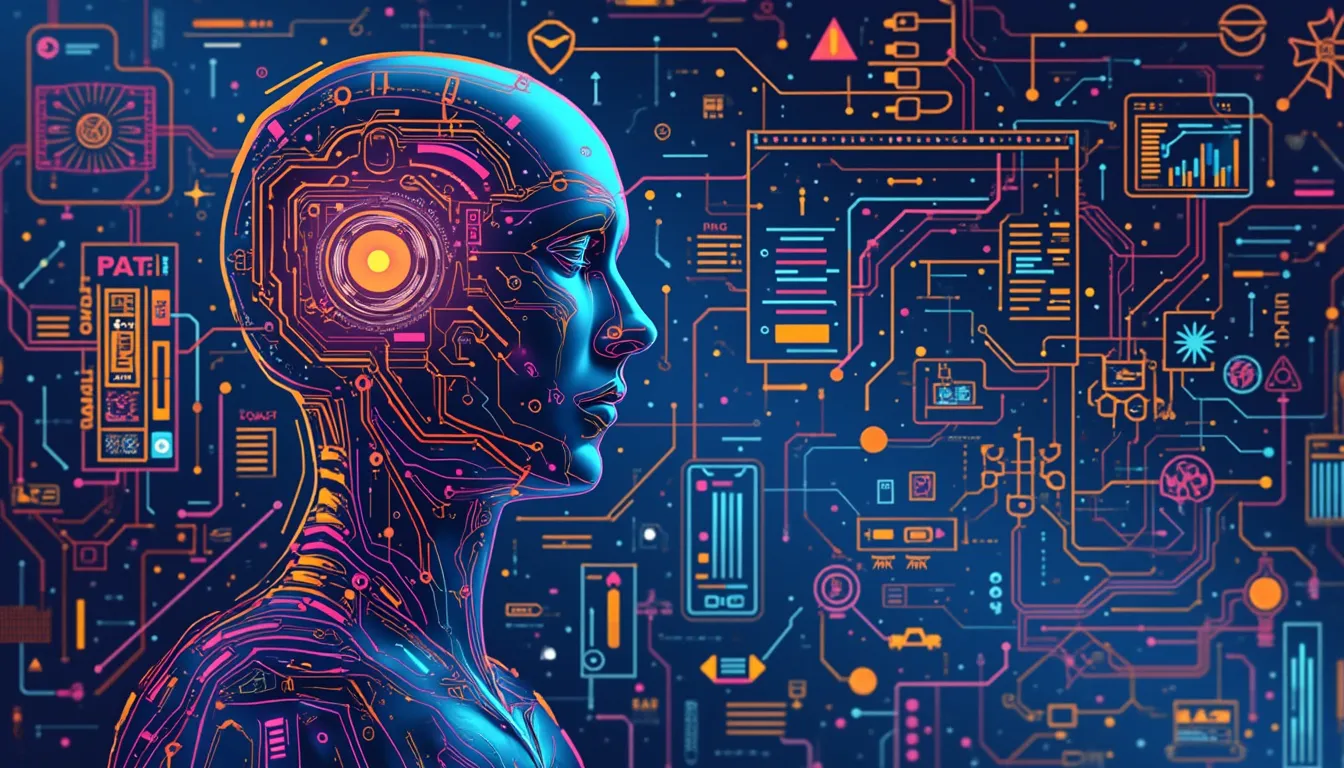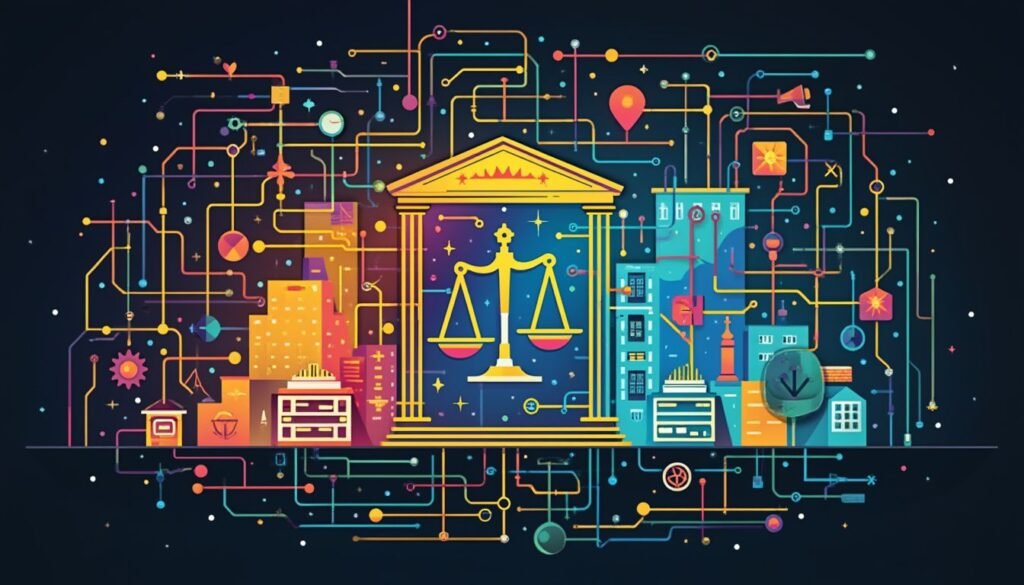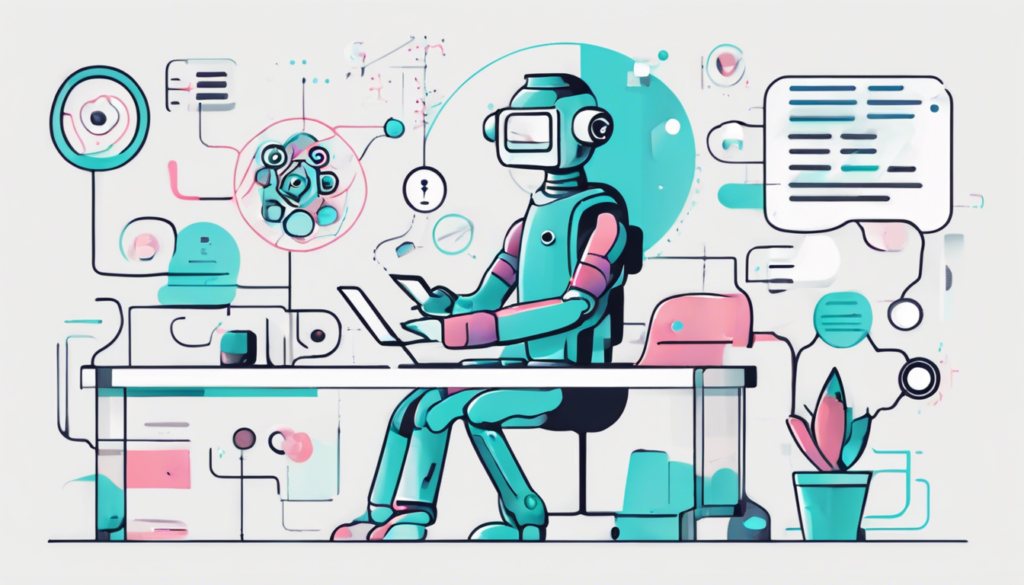Artificial Intelligence continues to make significant strides across multiple fields, as recent developments indicate. From innovative AI agents to transformative tools in shopping and marketing, the newest AI advancements are geared to revolutionize daily activities and streamline complex processes.
New AI Agents and Tools
OpenAI’s upcoming release, Operator, marks a new phase in AI assistance, aimed at handling mundane tasks such as managing schedules and communications on behalf of users. This AI agent promises to save time for users by efficiently managing their day-to-day activities. Similarly, Google’s soon-to-be-launched Jarvis AI seeks to automate web tasks like research, shopping, and travel arrangements, utilizing the potent capabilities of the Gemini AI model. However, its delayed official release indicates the necessity of refining permissions to ensure user security and compliance.
In the realm of technical support, the introduction of OpenCoder, an open-source code language model by OpenAI, represents a competitive challenge to existing pioneer models like DeepSeekCoder. With both 1.5 billion and 8 billion parameter models, OpenCoder is poised to support software developers in generating complex code patterns with enhanced simplicity and efficiency.
Innovations in Technology and Ethical Challenges
As AI technology progresses, ethical concerns persist, particularly regarding AI influencers on social media. These virtual personas raise critical questions about the impact of unrealistic beauty standards and the moral implications of product endorsements, urging a reevaluation of digital influence and consumer perceptions.
NVIDIA’s latest Cosmos Tokenizer suite is a landmark advancement in image and video compression. By achieving eight times greater compression than current top-tier methods, this suite can drastically reduce storage and bandwidth requirements, fueling further innovation in multimedia content delivery.
Moreover, Microsoft’s Magnetic-One system enhances automation by integrating multi-agent capabilities across diverse task domains. This tool signifies a leap towards streamlined operations that afford companies greater scalability and flexibility, harmonizing with Microsoft’s AutoGen framework to bolster efficiency.
As the influence of AI permeates various sectors, regulatory bodies like the European Union are stepping up to establish guidelines that ensure transparency, copyright adherence, and risk mitigation in AI deployment. The recently drafted regulations for general-purpose AI models are open for public feedback and are expected to shape the future legal landscape of AI technology.
Overall, the continual development and deployment of AI technologies, whether through enhanced AI agents like Operator or tools such as Google’s AI shopping aids, highlight an exciting future driven by innovation while underscoring the necessity of grappling with accompanying ethical challenges and regulations.




